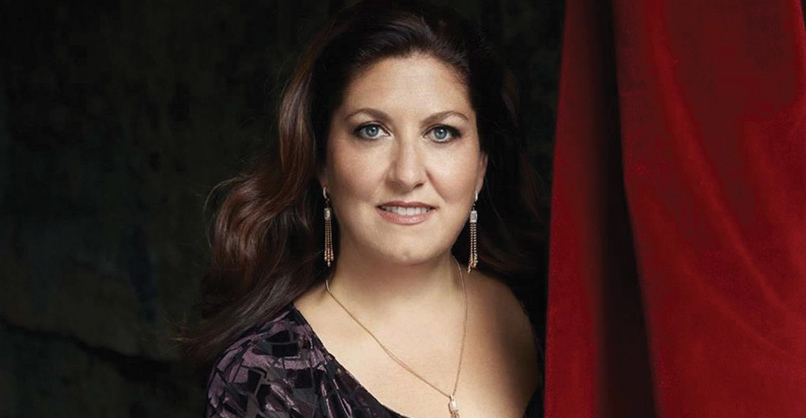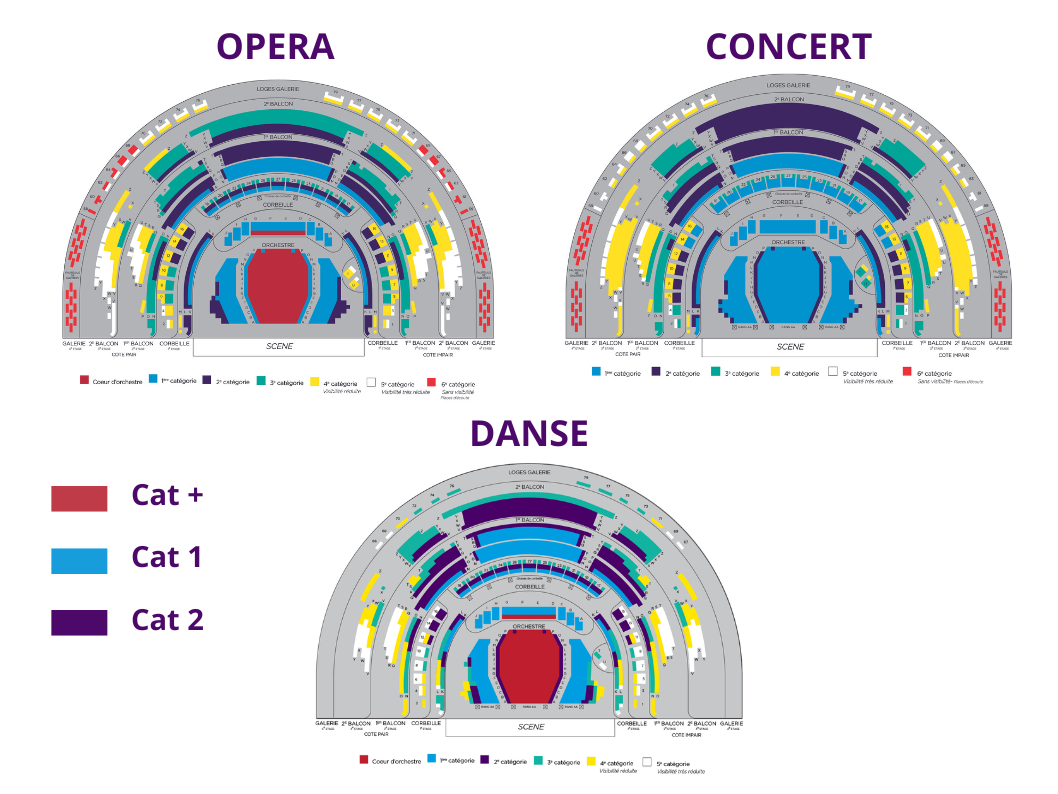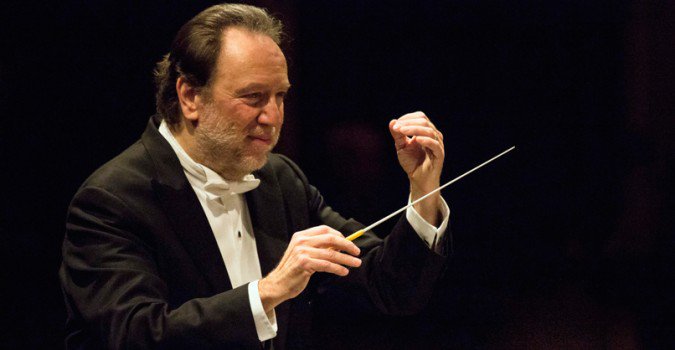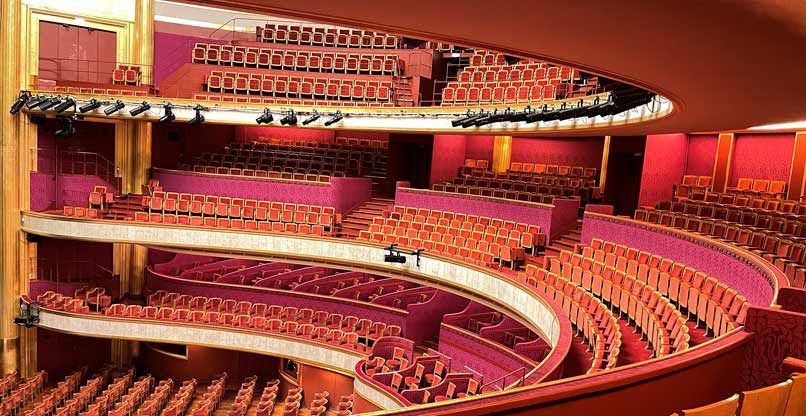- Venue's Capacity: 1985
The Théâtre des Champs-Elysées, initially planned for construction on the legendary avenue after which it was named, is in fact situated on Avenue Montaigne. It was in 1913 that the Parisian public first discovered the hall, an astonishing synthesis of tradition and modernity, with balconies that recall an Italian théâtre, while being supported by reinforced concrète, and with décoration at once sober and sumptuous. Speaking of eclecticism, the house's first season was quite surprising. THE BARBER OE SEVILLE was billed alongside BORIS GODUNOV, and it was here that Stravinsky RITE OF SPRING was premiered, provoking an infamous scandai. Nijinsky counted behind the scènes for the dancers in Russian, while Pierre Monteux kept time for the musicians, and Stravinsky ran back and forth between the stage and the audience, in an attempt to save the performance. After such an eventful start, the théâtre rapidely grew in réputation and Marcel Proust saluted Gabriel Astruc as being the manager «who staged BORIS GODUNOV, and who, in general, made up for the weaknesses of the Opéra and the Comic Opéra .»
After the First World War, concerts, opéras and ballets alternatively shared the programme, a tradition that still reigns today. Mozart's opéras were quite frequently staged, and performed by the visiting Vienna Opéra in 1924, 1947, 1949, and 1951. But the house also nurtured an affi-nity with Wagner's music; the Bayreuth troupe (with Lauritz Melchior) performed the entire Ring on the Champs-Elysées stage in 1929, and Furtwangler conducted the Walküre here in 1937.
Since the production of Boris Godunov that so enthused Marcel Proust, the théâtre also maintains close ties with the Russian répertoire. After the bass Chaliapin and the Belgrad and Sofia Opéras, it is now the Kirov Théâtre from Saint Petersburg that regularly brings down the house.
More recently, the Champs-Elysées proposed Rimski-Korsakov's somewhat forgotten opéras in a séries of programmes that subtly mingled young talent with the grand tradition of the Vienna Philharmonie, in a concert hall entirely refurbished in 1986-87. Now equipped with a completely modernized stage machinery, the théâtre hasrevived the splendour of bygone days.












